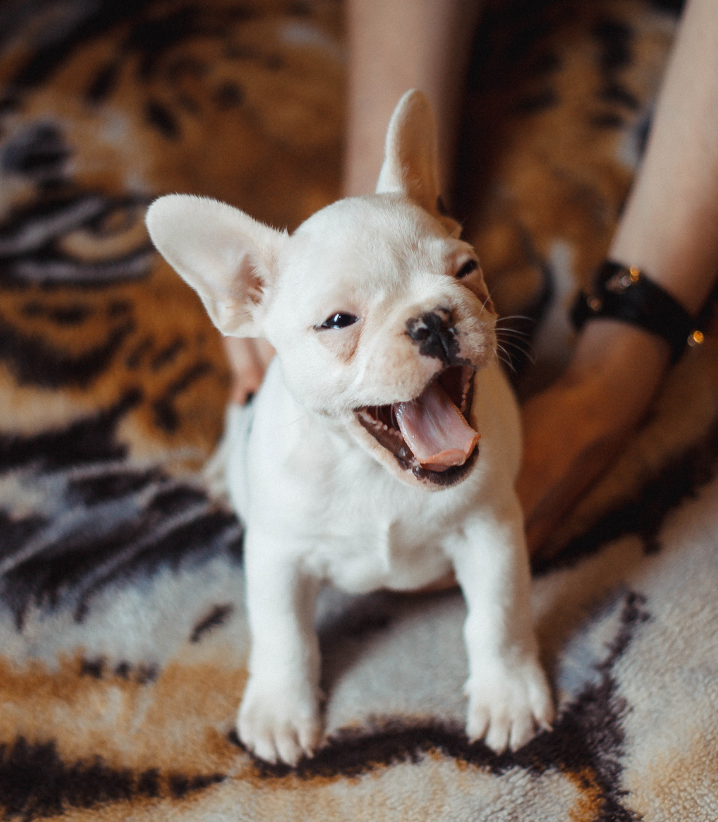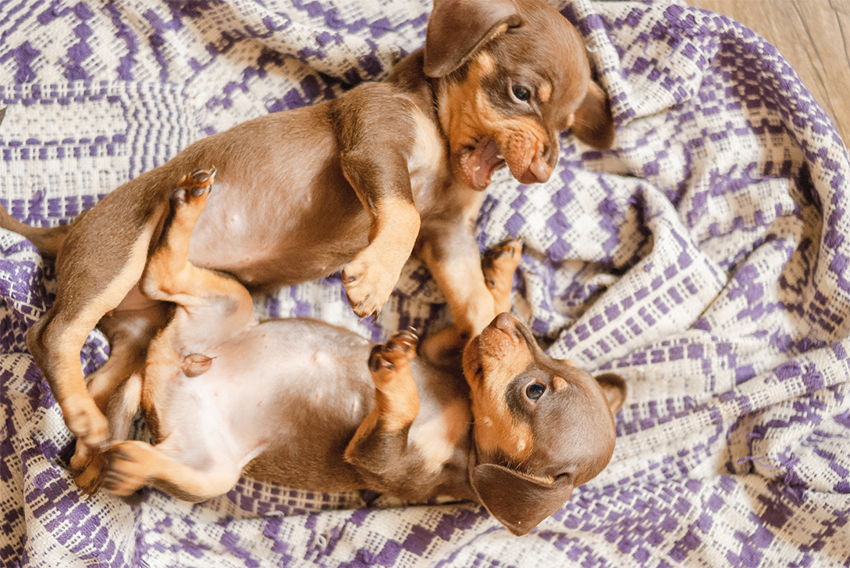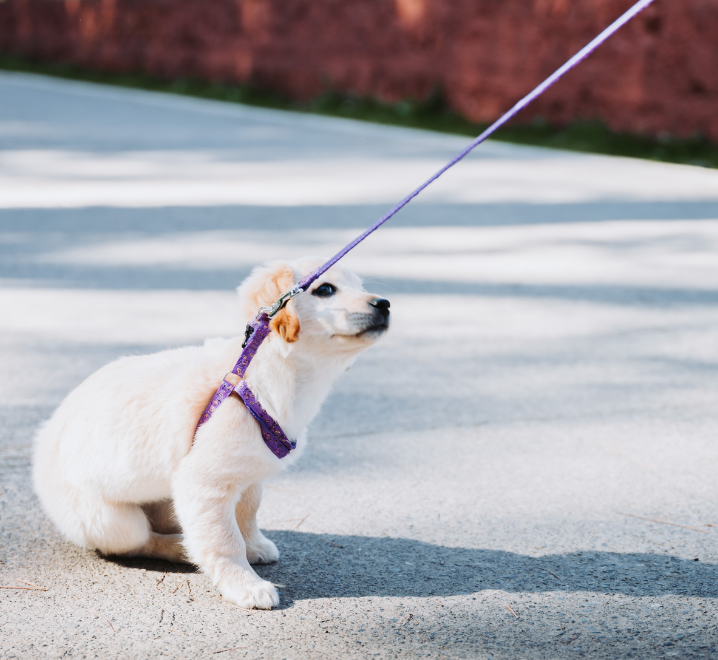New cat
How to set up your home to help your new cat settle in quickly
Cats, Adopters, Cat behaviour, Kitten

Dogs talk a lot through their body language, and keeping an eye on these can really help you understand when your puppy is happy or stressed, and to react accordingly to keep them safe and make good choices.
Calming signals are a range of body movements that are designed to calm and appease other animals (including us) in situations where they feel there is potential for conflict. If a dog shows these and they work (e.g. the person backs away) then they will more likely use these again. If they don’t work then the dog will try going up a notch to something more dramatic, such as a growl or snap.
It is so important that we see and listen to these signals to prevent any of our dogs feeling the need to show aggression.
• Turning the head or averting eye contact
• Moving in slow motion
• Raising a paw slightly off the ground
• Sniffing the ground
• Slow blinking
• Licking lips
• Licking another animal’s mouth
• Yawning
• Shaking off (as if wet but not)
• Play bow (bum in air and head near the floor) but moving in an arc (crescenting)
• Urinating
• Freezing

A dog growling is simply them saying they are uncomfortable with what you are doing or about to do and would like you to stop. It is important we listen to and respect a dog’s growl, and don’t ignore or punish them for it. Ignoring a growl will most likely, eventually lead up to a bite which is a massive disservice to that dog who tried to tell you it was uncomfortable.
If a puppy or dog growls at you try to consider why - were you touching them when they were eating, did you wake them up suddenly, was a stranger too close? Keeping a log of any growling incidents will help you ensure that you don’t put your puppy/dog in these situations in future.

Puppies can find new environments a little scary, and when they are scared they will sometimes stop and stand still whilst they work out if they are safe or under threat in a situation. In this situation be patient. Speak to your puppy and reassure them in a calm manner, giving them time to decide to start walking again and praise them when they do. Try to get your puppy used to short periods of time in new environments so that they can gradually boost their confidence without feeling overwhelmed.